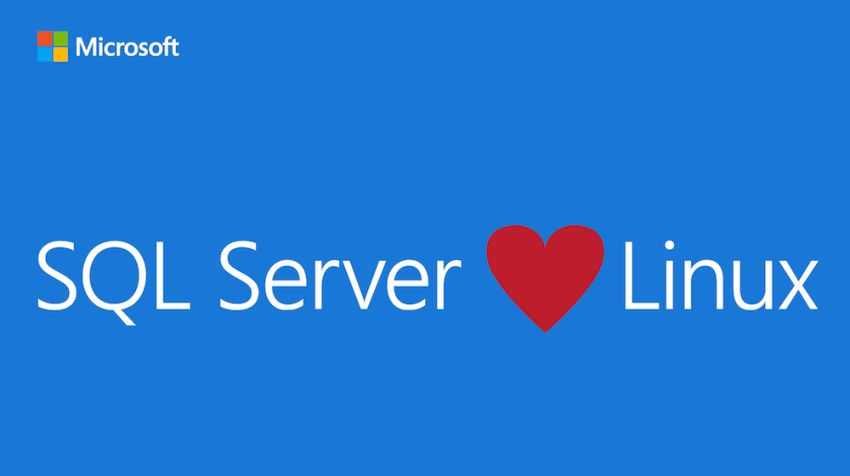Microsoft SQL Server 2017: Microsoft was released yesterday 17 the first almost public final Release Candidate of SQL Server 2017.
SQL Server 2017 will be the first version of the Microsoft SQL Server database that will run on Linux and Windows Server. Microsoft officials said they expect SQL Server 2017 to be available to everyone sometime this summer.
To date, Microsoft has released seven community previews (Community Technology Previews) of SQL Server 2017.
Η company used Microsoft Research's “Drawbridge” technology to bring SQL Server to Linux. Drawbridge technology is an adaptation of the Library OS concept, which Microsoft Research has been working on for several years.
It is a virtualization-specific format for sandboxing applications. Drawbridge technology played an important role in getting it Bash shell in Windows 10.
This release of SQL Server (Microsoft SQL Server 2017), in addition to support for the Linux platform, will also provide graphical data processing, adaptive query processing, and Python integration for advanced analytics, as reported by Microsoft developers.
Microsoft SQL Server 2017 Release Candidate 1, adds SQL Server to Linux Active Directory integration, layer security transportς (TLS) για κρυπτογράφηση δεδομένων, περισσότερες λειτουργίες στο SQL Server Analysis Services, and SQL Server Integration Services on Linux and Windows Server.
Microsoft's new SQL Server 2017 can be installed on Linux, Windows, or MacOS, along with Windows Server, on Red Hat Enterprise Linux, Ubuntu Linux, SUSE Linux Enterprise Server, and Linux Docker containers.





